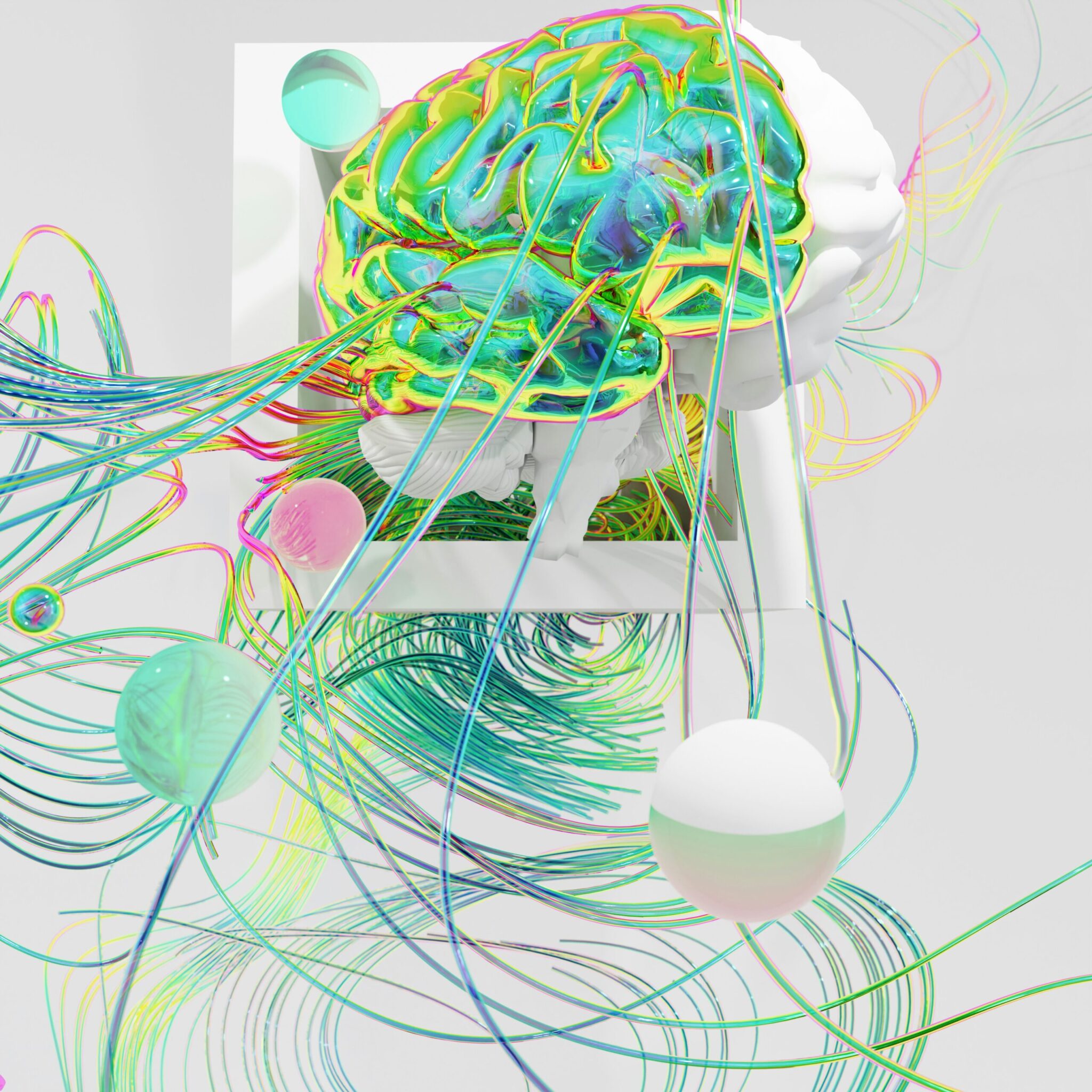Therapy Approaches and Specialities
I draw from a variety of therapeutic modalities to meet your unique needs, blending somatic approaches like expressive arts and mindfulness with evidence-based practices such as DBT. I take a holistic and creative approach to therapy, recognizing that healing involves addressing the whole person—mind, body, and environment. Through the use of Expressive Arts, we can explore emotions and experiences that go beyond words, using art, movement, and writing to tap into deeper insights. I also work from a systems perspective, understanding that your experiences are shaped by your relationships, environment, and physical body. Together, we’ll not only tackle immediate challenges but also uncover and address deeper, underlying patterns.

Dialectical Behavior Therapy
Dialectical Behavior Therapy (DBT) integrates cognitive-behavioral techniques with mindfulness practices to help individuals manage intense emotions, reduce self-destructive behaviors, and improve relationships. It teaches practical skills such as emotional regulation, distress tolerance, and interpersonal effectiveness, which support personal growth and resilience.
In therapy, DBT often includes learning and practicing these skills through structured exercises, role-playing, and homework assignments. Sessions may focus on identifying and understanding emotional triggers, exploring healthy ways to cope with stress, and applying mindfulness techniques to stay grounded. Additionally, attending a DBT group can provide a space to practice these skills in real-life scenarios and receive support from others.
Mindfulness Self-Compassion
Mindfulness Self-Compassion involves bringing non-judgmental awareness to our experiences, coupled with kindness and care for ourselves. This approach encourages individuals to acknowledge their pain or discomfort with a sense of gentleness, allowing space for healing rather than criticism.
In therapy, Mindfulness Self-Compassion can look like guided exercises to increase self-awareness, learning how to respond to challenges with kindness, and developing a compassionate inner dialogue. This practice helps cultivate emotional resilience, enhances well-being, and can be especially helpful for individuals who struggle with self-criticism, perfectionism, or feelings of inadequacy.
Mindfulness-Based Stress Reduction (MBSR)
Mindfulness-Based Stress Reduction (MBSR) introduces mindfulness practices that reduce stress and enhance overall well-being. This approach encourages non-judgmental awareness of the present moment, helping individuals better manage stress, anxiety, and chronic pain by fostering a deeper connection to their thoughts, emotions, and physical sensations.
In therapy, MBSR techniques such as body scans, mindful breathing, and noticing emotions and thoughts are commonly used to help clients develop greater self-awareness and emotional regulation. MBSR is especially effective for reducing anxiety by grounding individuals in the present, allowing them to observe their internal experiences without becoming overwhelmed by them.
This practice also integrates well with other therapeutic modalities like EMDR, by helping clients stay present during emotionally intense moments, and Expressive Arts, by deepening the connection between body, mind, and creative expression.


Family Systems and Attachment
This approach focuses on how family relationships and early attachment experiences impact your current emotional and psychological well-being. Family Systems Theory examines patterns and dynamics within a family that influence individual behavior, while Attachment Theory explores how early bonds with caregivers shape your sense of self and your relationships with others.
In therapy, we explore the roles and patterns that developed in your family of origin, identify how these dynamics affect your current relationships, and work toward breaking unhealthy cycles. Attachment work may involve recognizing how early attachment wounds influence your emotional responses, communication, and trust with others. Techniques such as role-playing, exploring family histories, and processing emotions related to past relationships are commonly used to promote healing.
By addressing these foundational aspects in therapy, we can work on healing old wounds, improving your relationship patterns, and fostering healthier, more secure connections in your life.
Expressive Arts
Using Expressive Arts Therapy can be so freeing and uplifting. It is an opportunity to communicate and process our innermost feelings and thoughts without relying solely on words. It’s not about being an artist; it’s about using colors, shapes, movement, and poetry to tell our stories in a unique way
During our sessions together, Expressive Arts Therapy takes on many forms. We might explore painting emotions with watercolors, engage in block-out poetry exercises, or use art journaling as a tool for self-reflection and expression. Collaging allows us to delve into different aspects of our identity or values, while movement-based activities offer a hands-on approach to working through emotions.
This holistic approach recognizes the connection between our mind, body, and spirit, empowering us to deepen our self-awareness, build resilience, and nurture our emotional well-being. Through Expressive Arts Therapy, we embark on a journey of healing and personal growth, where we are supported and empowered every step of the way.




Eye Movement Desensitization and Reprocessing
The EMDR AIP Model is a comprehensive framework used in therapy to understand how past experiences, particularly traumatic events, influence a person’s present emotional and psychological state. According to the AIP model, distressing memories and experiences can get “stuck” in the brain in their original, unprocessed form, leading to ongoing emotional and behavioral issues.
The AIP model helps therapists recognize how these unprocessed memories are linked to negative beliefs, attachment wounds, and emotional pain, which can manifest as anxiety, depression, or other psychological difficulties. Through EMDR, these memories are reprocessed in a way that allows them to be integrated into a healthier narrative, reducing their emotional charge and freeing the client from their grip. This process not only alleviates symptoms but also fosters a deeper healing by addressing the root causes of distress, leading to improved well-being and more adaptive responses to life’s challenges.


